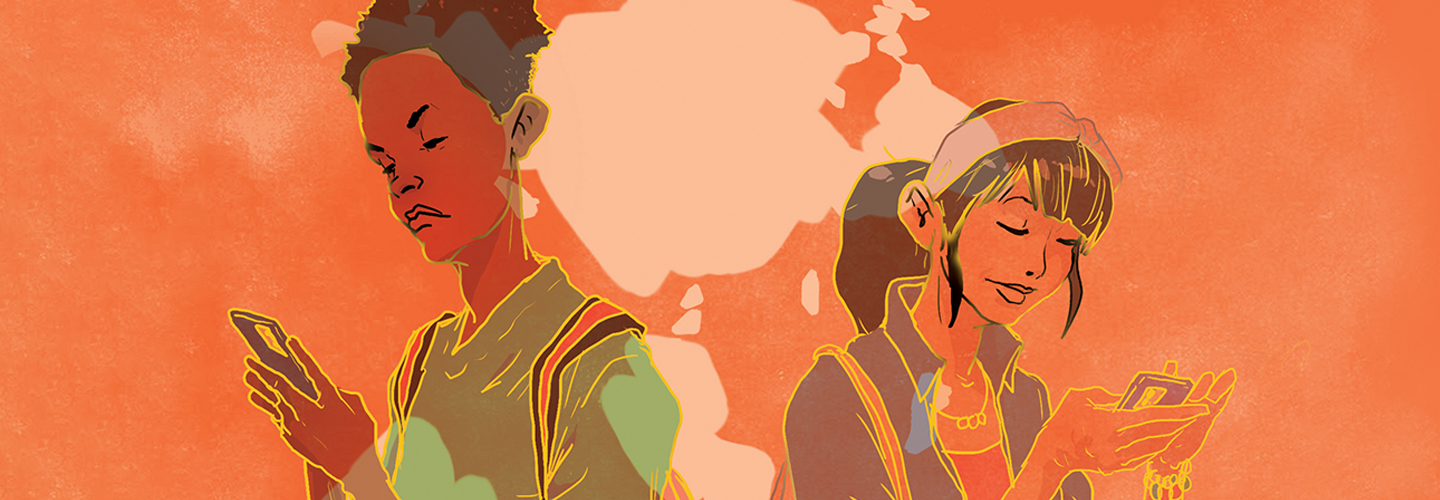You’ve been chatting online with someone from a different school. You have a ton to talk about and can always make each other LOL. Then, one day, your text goes unanswered. You try another text, but when you get no response, it hits you: You’ve been ghosted. While it’s never fun to have communication cut off without explanation, is it sometimes acceptable? Relationship experts say ghosting is always OK when a person is being abusive or making you feel unsafe. Beyond that, they disagree. Some believe ghosting is a fact of modern life, a harsh but effective way to send the message that a relationship is over. Other experts say that it is unnecessarily hurtful and rude to disappear without an explanation.

